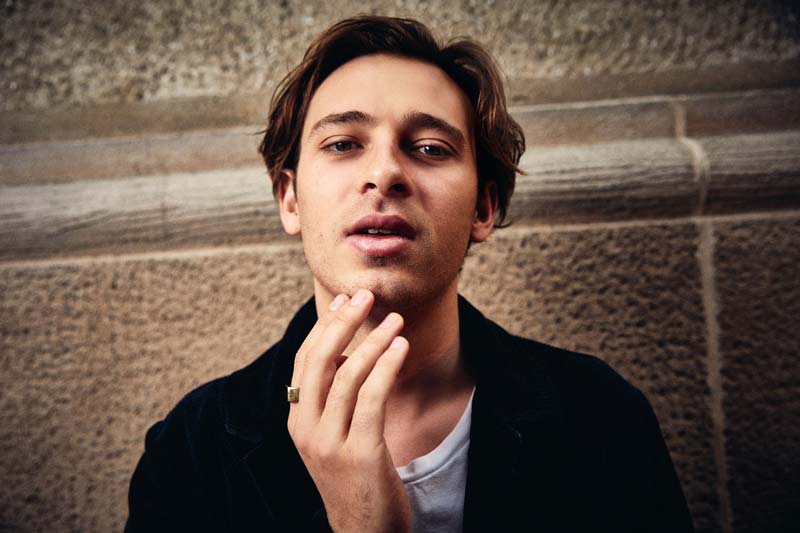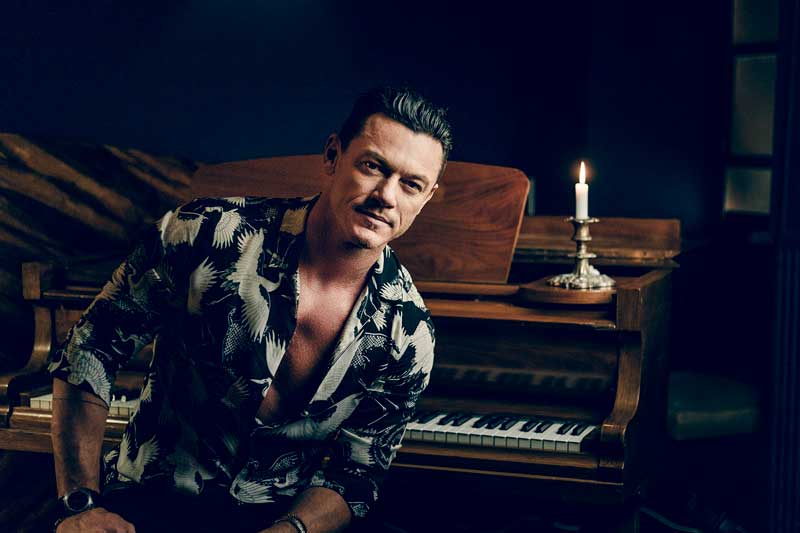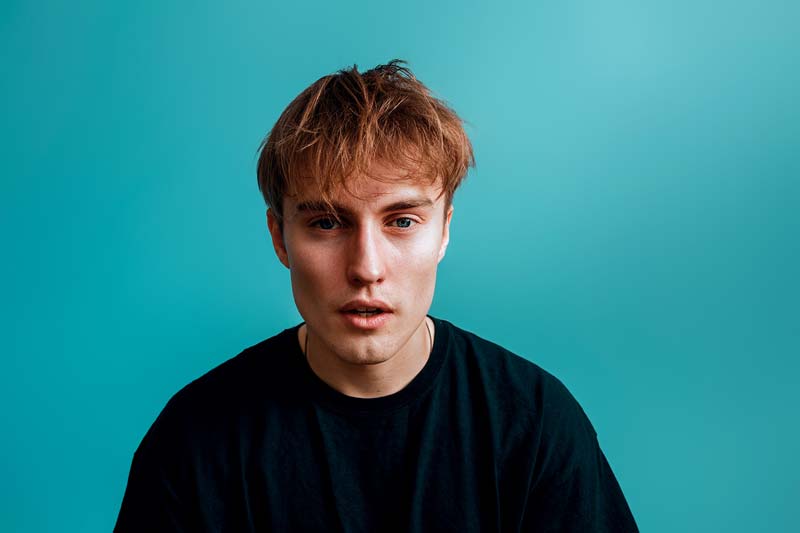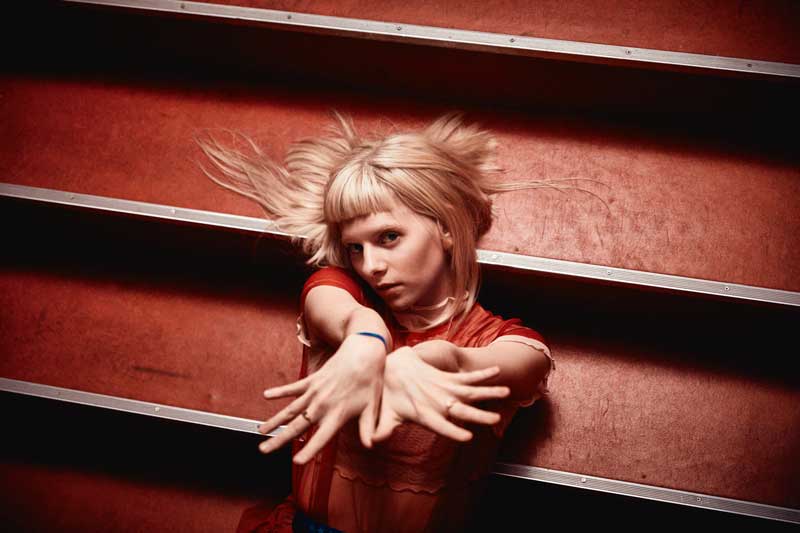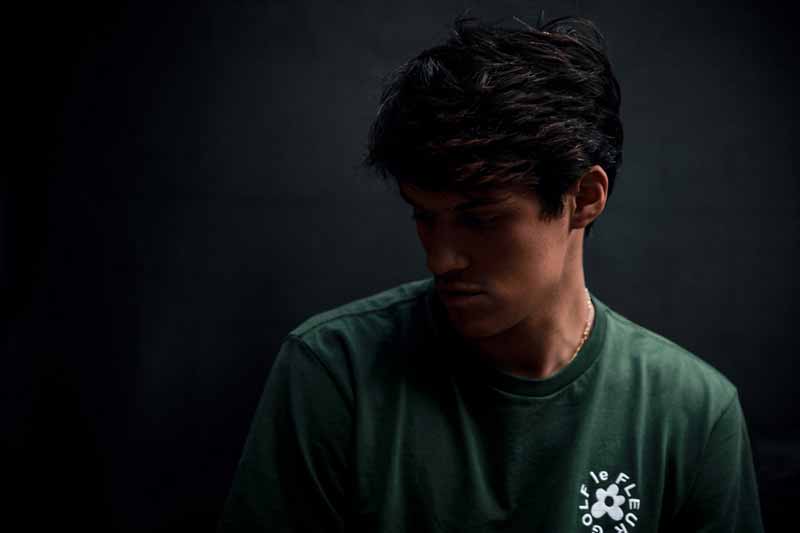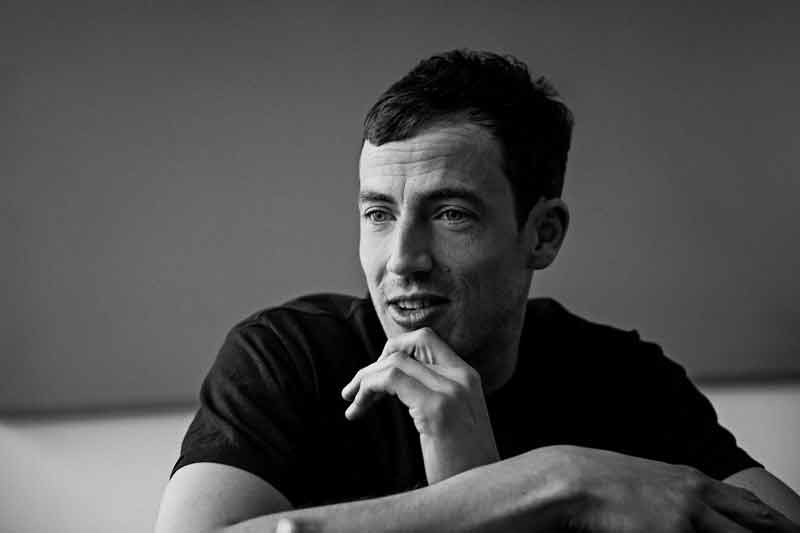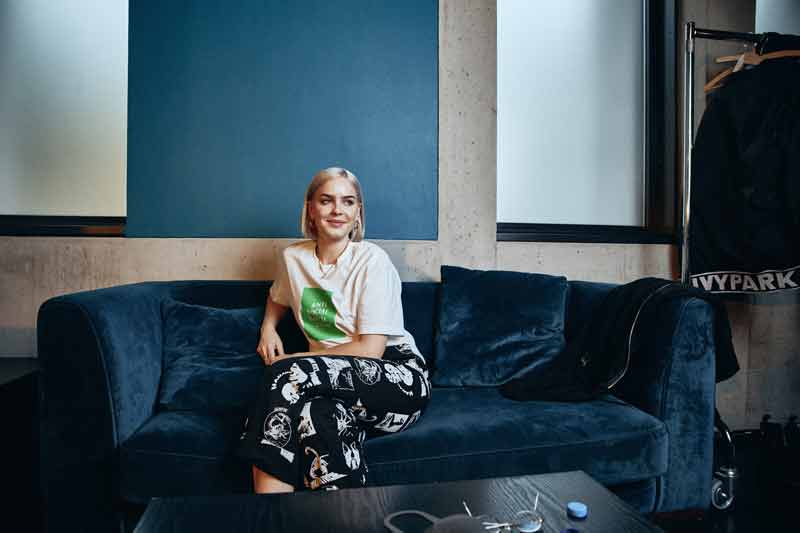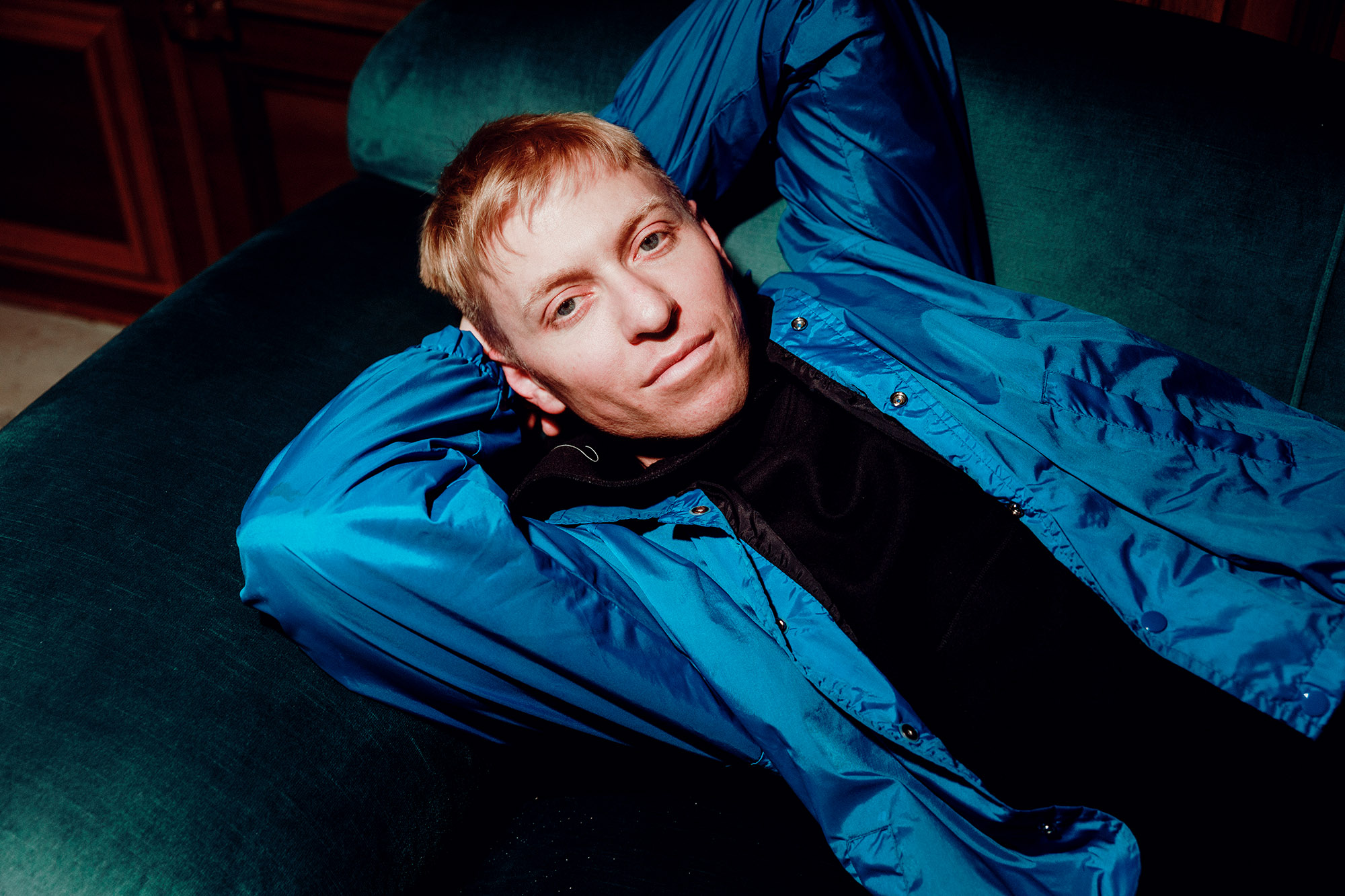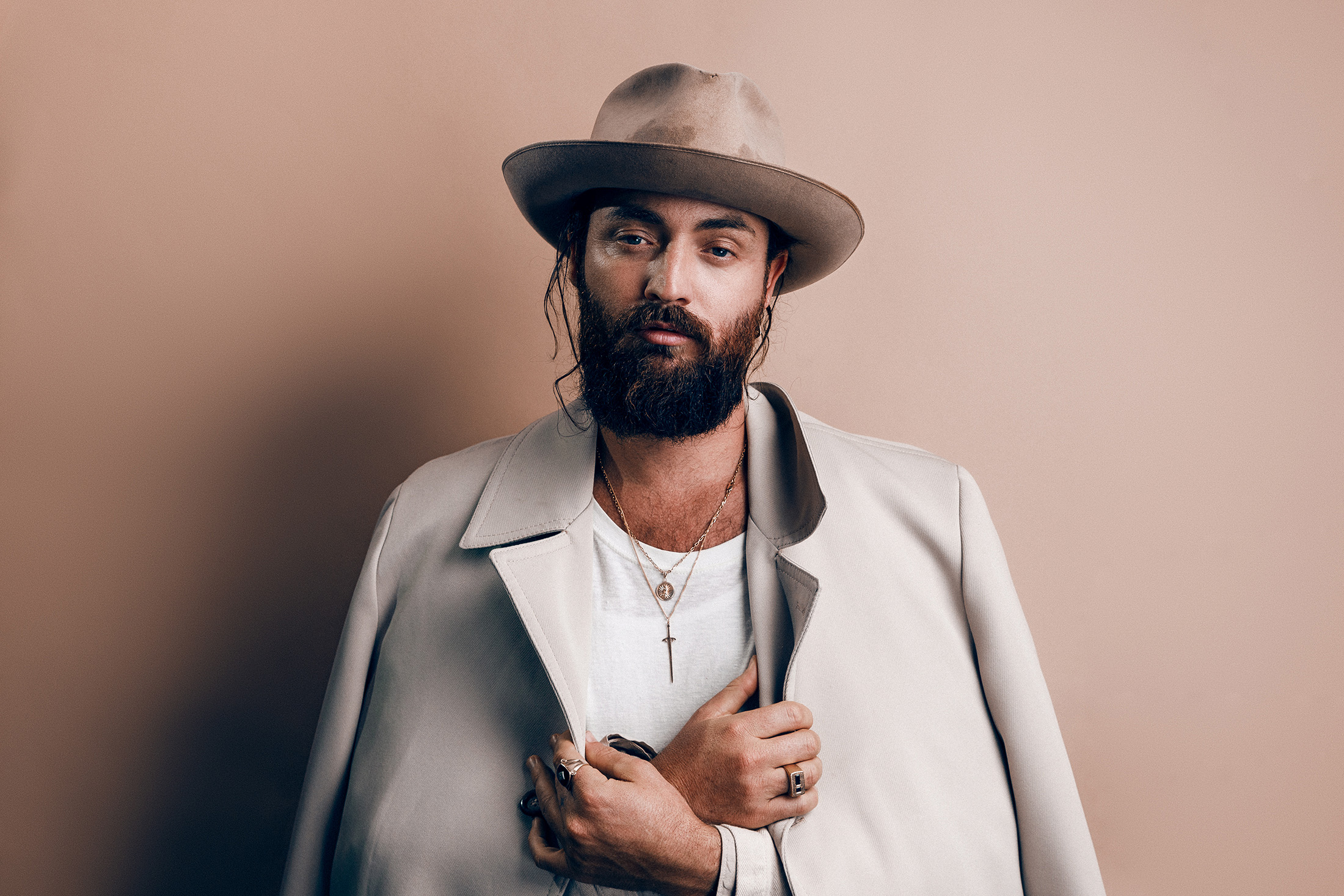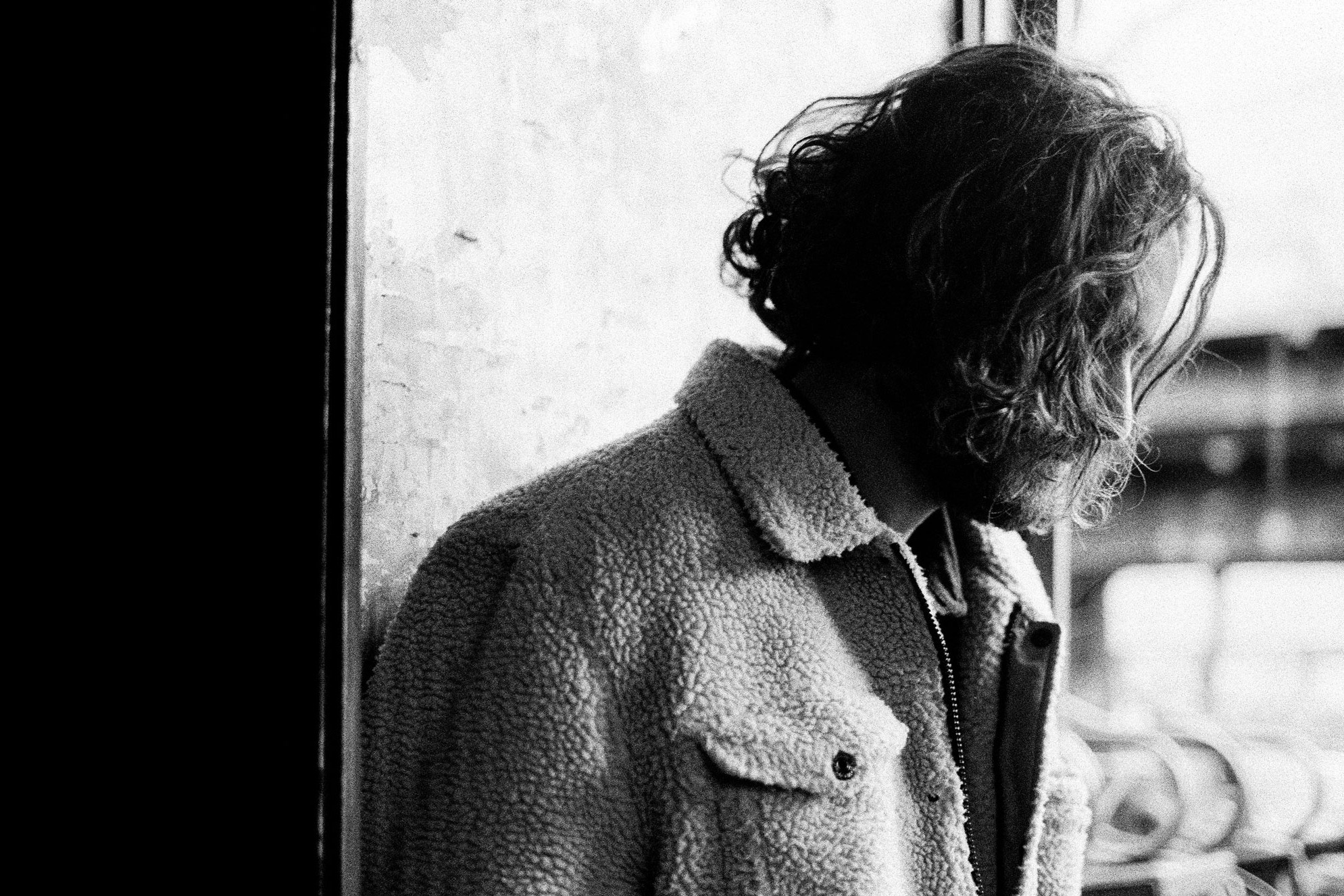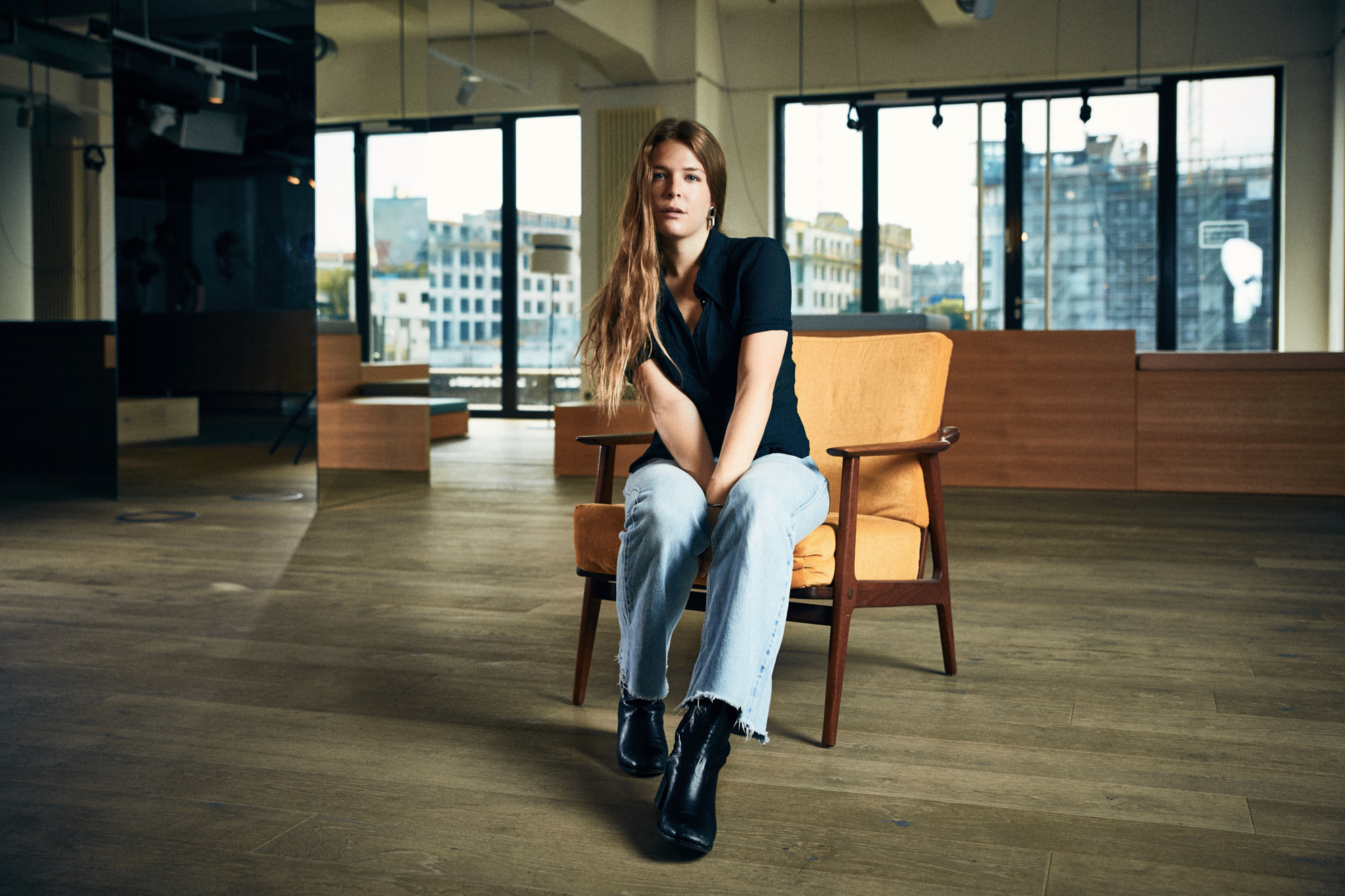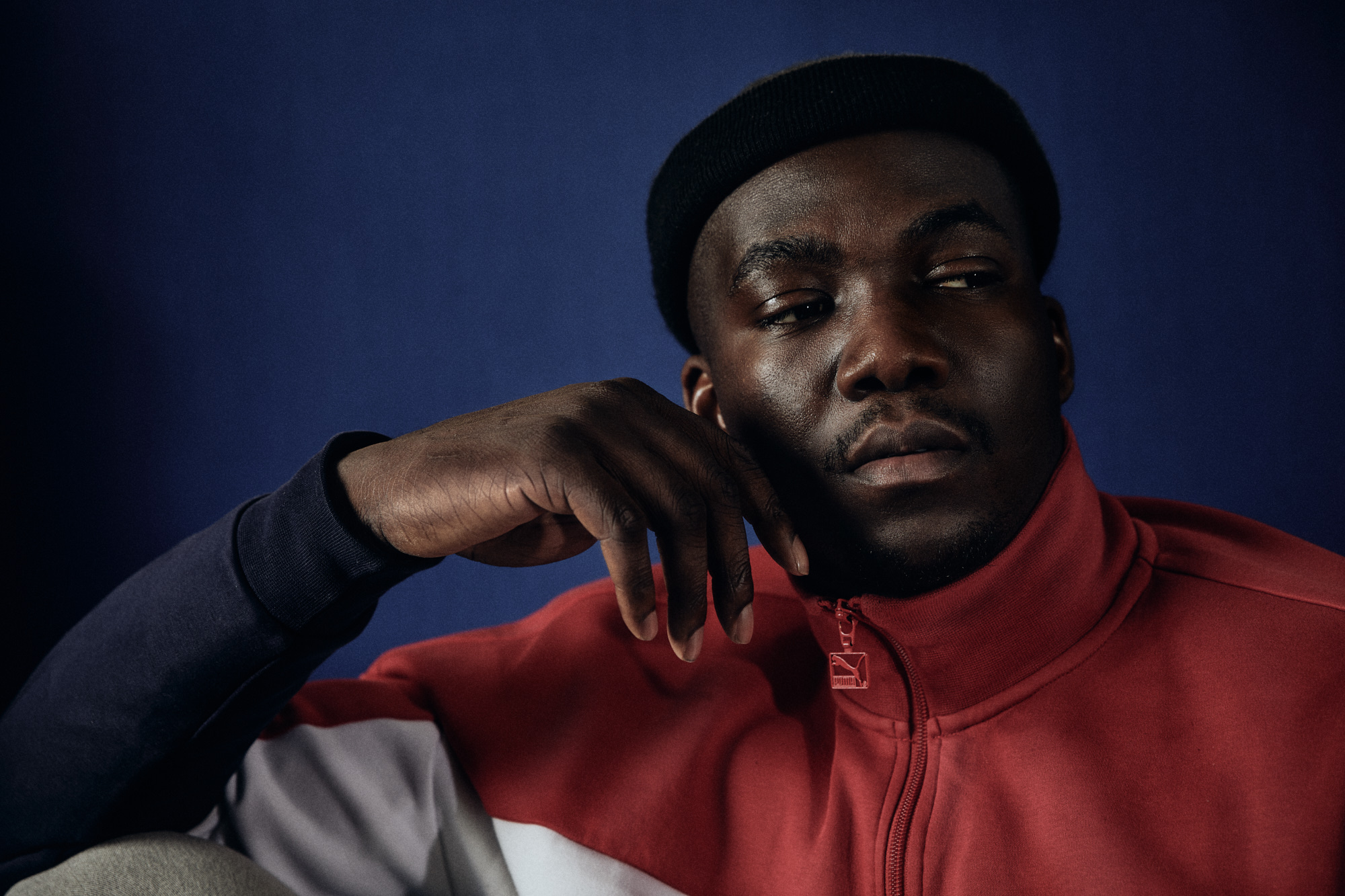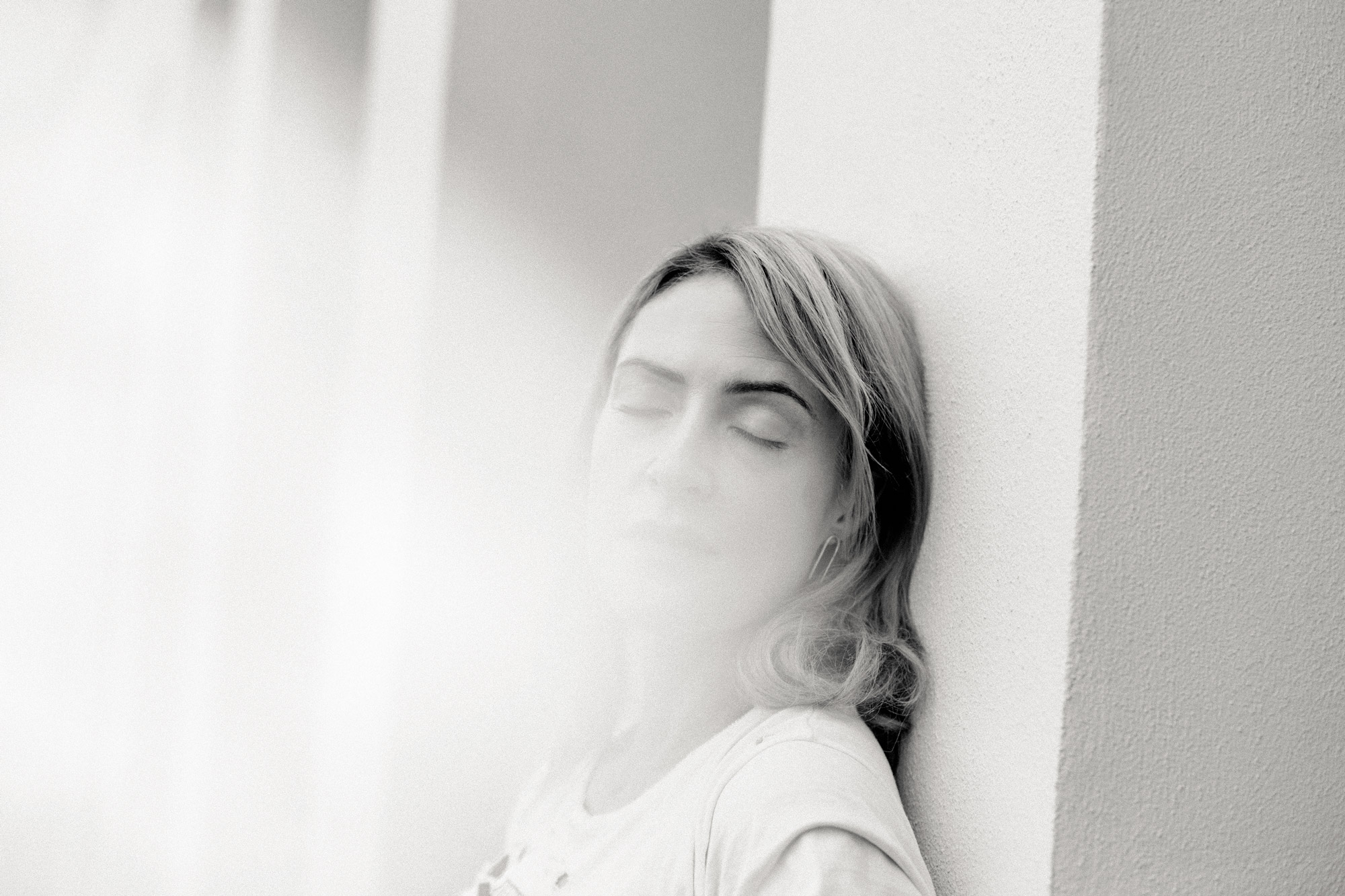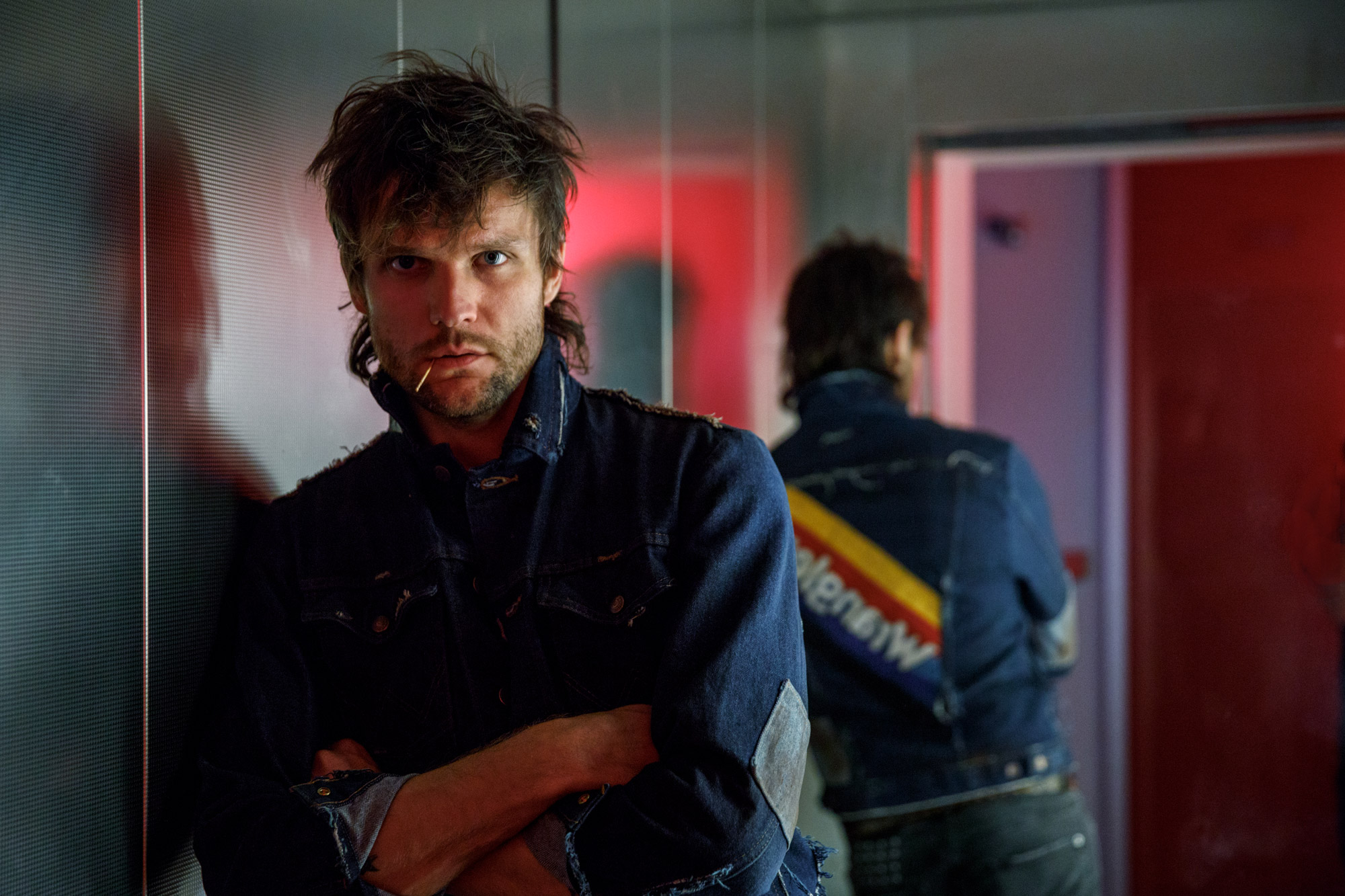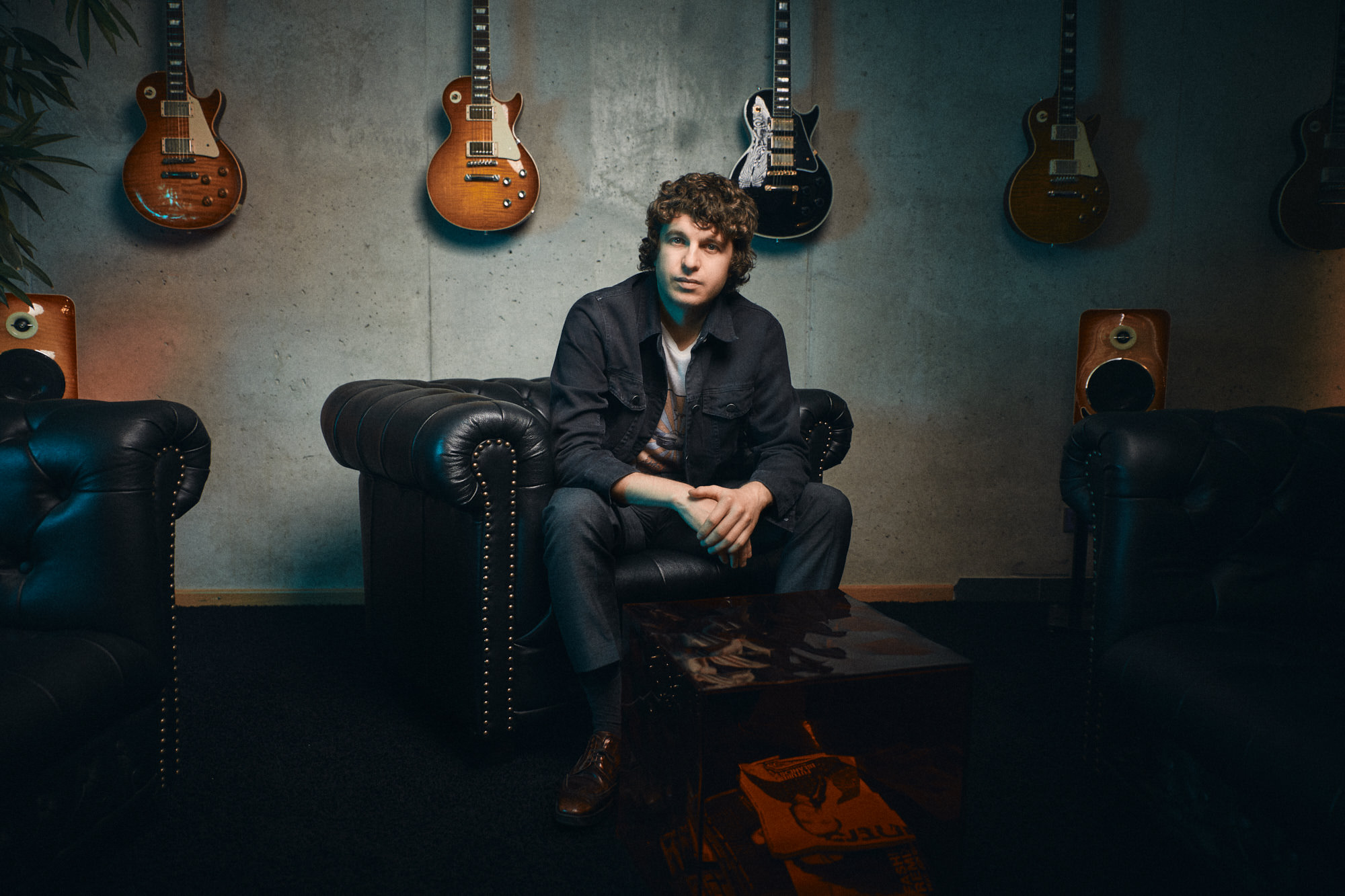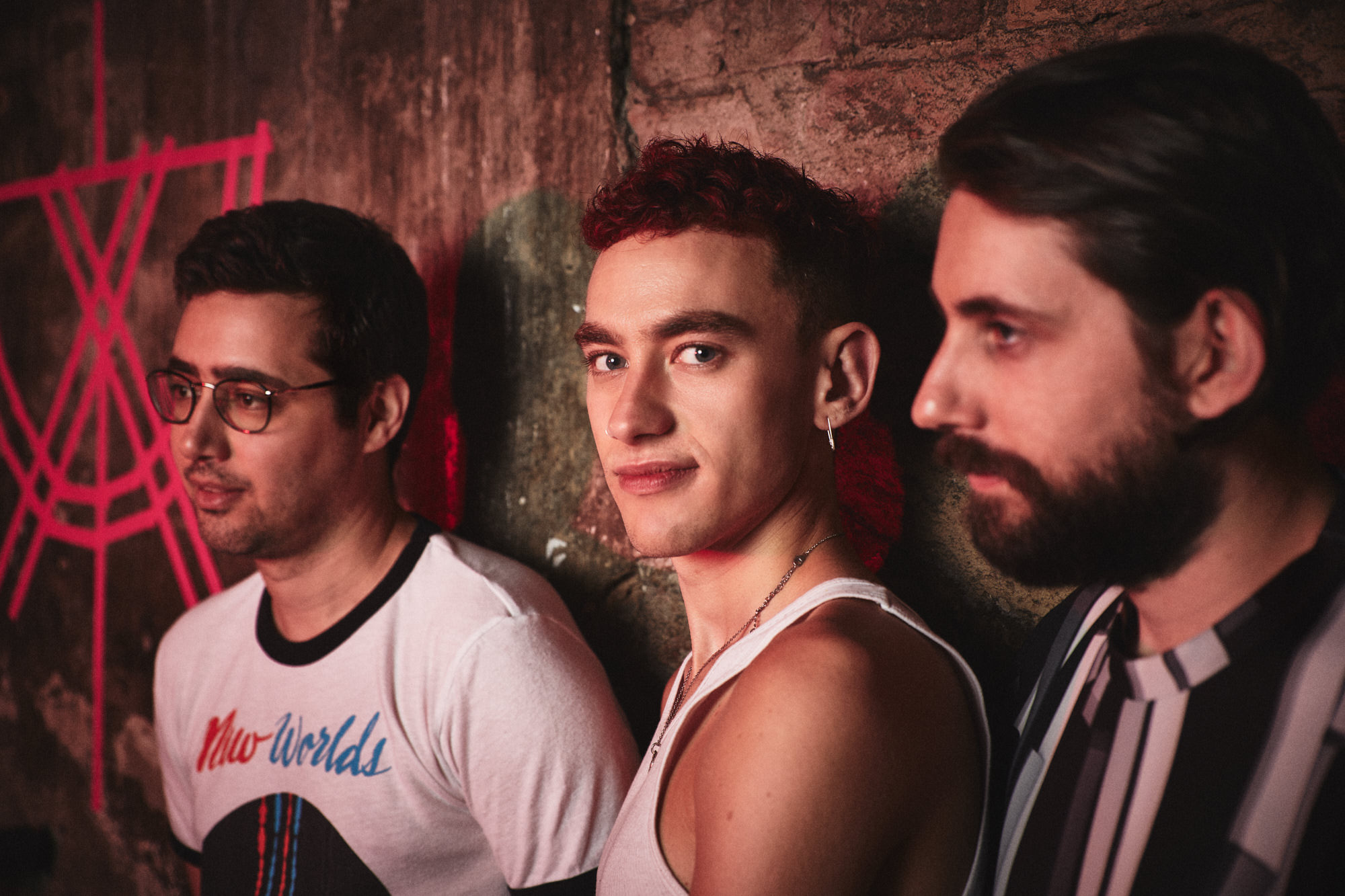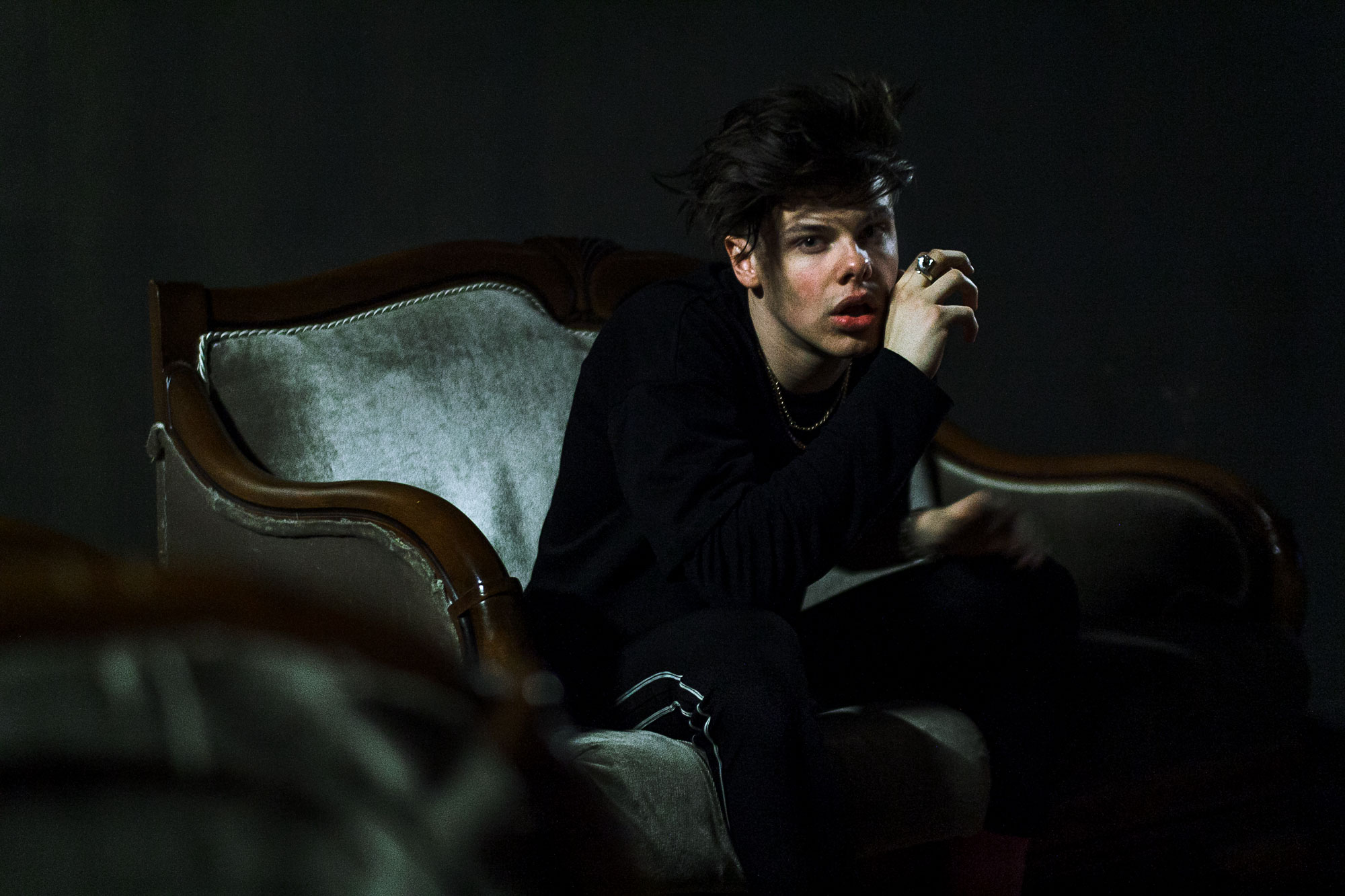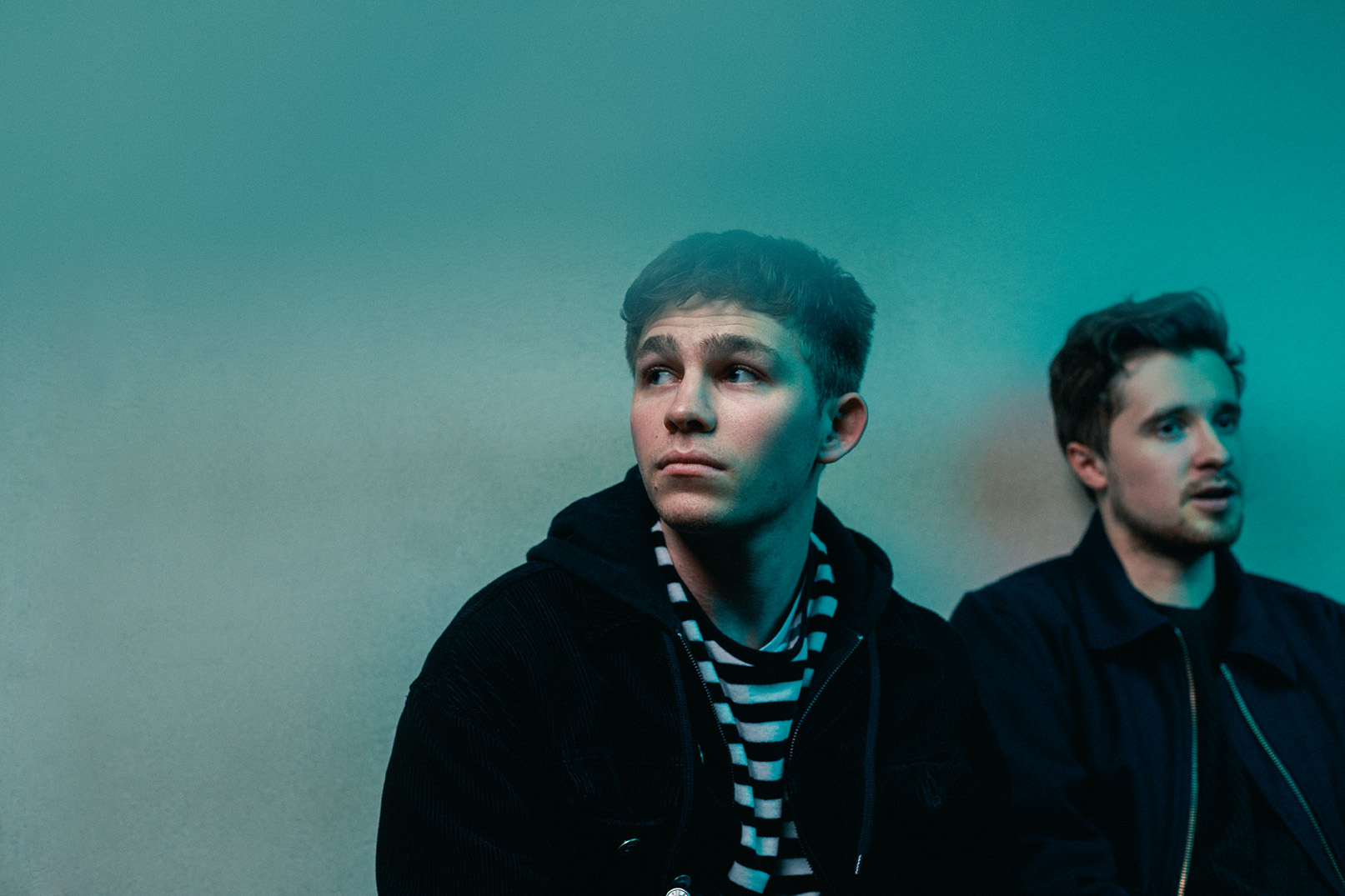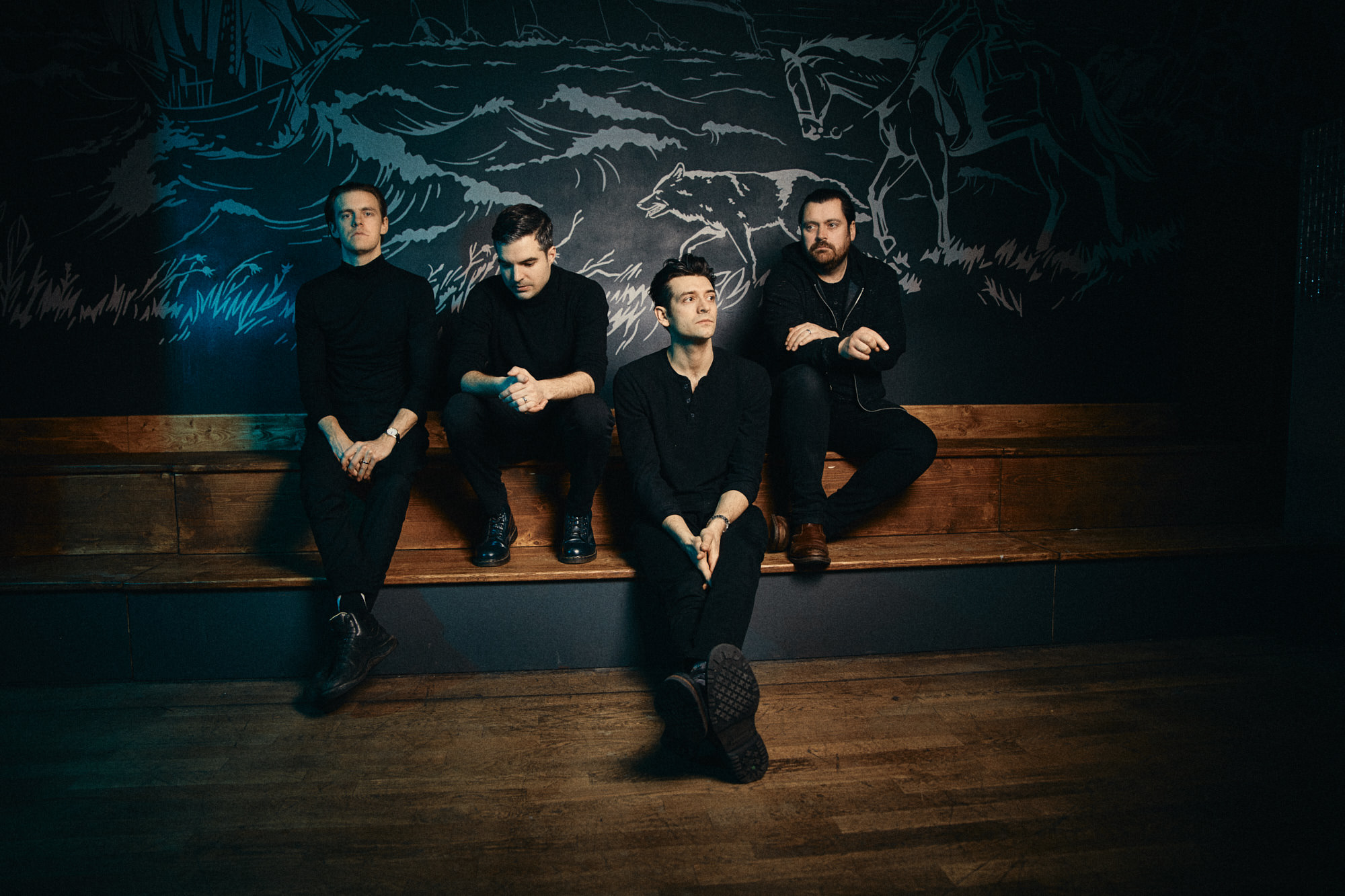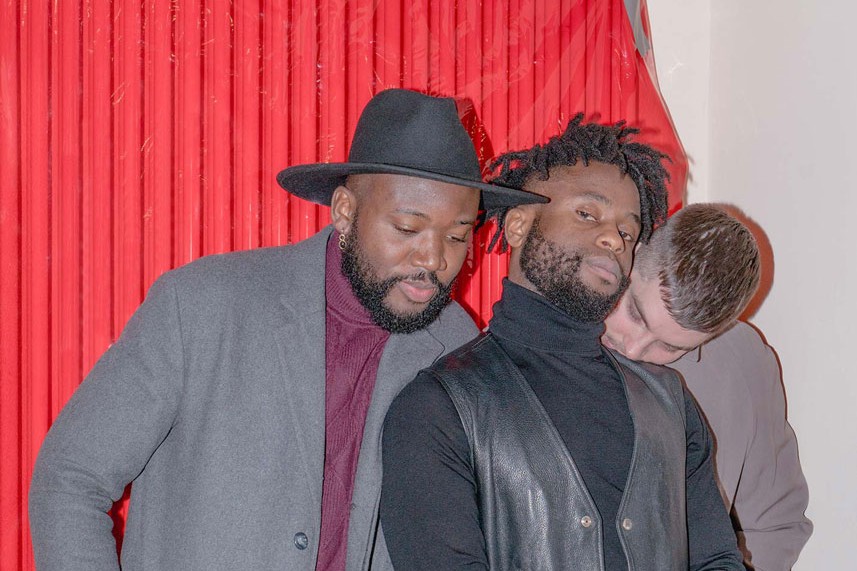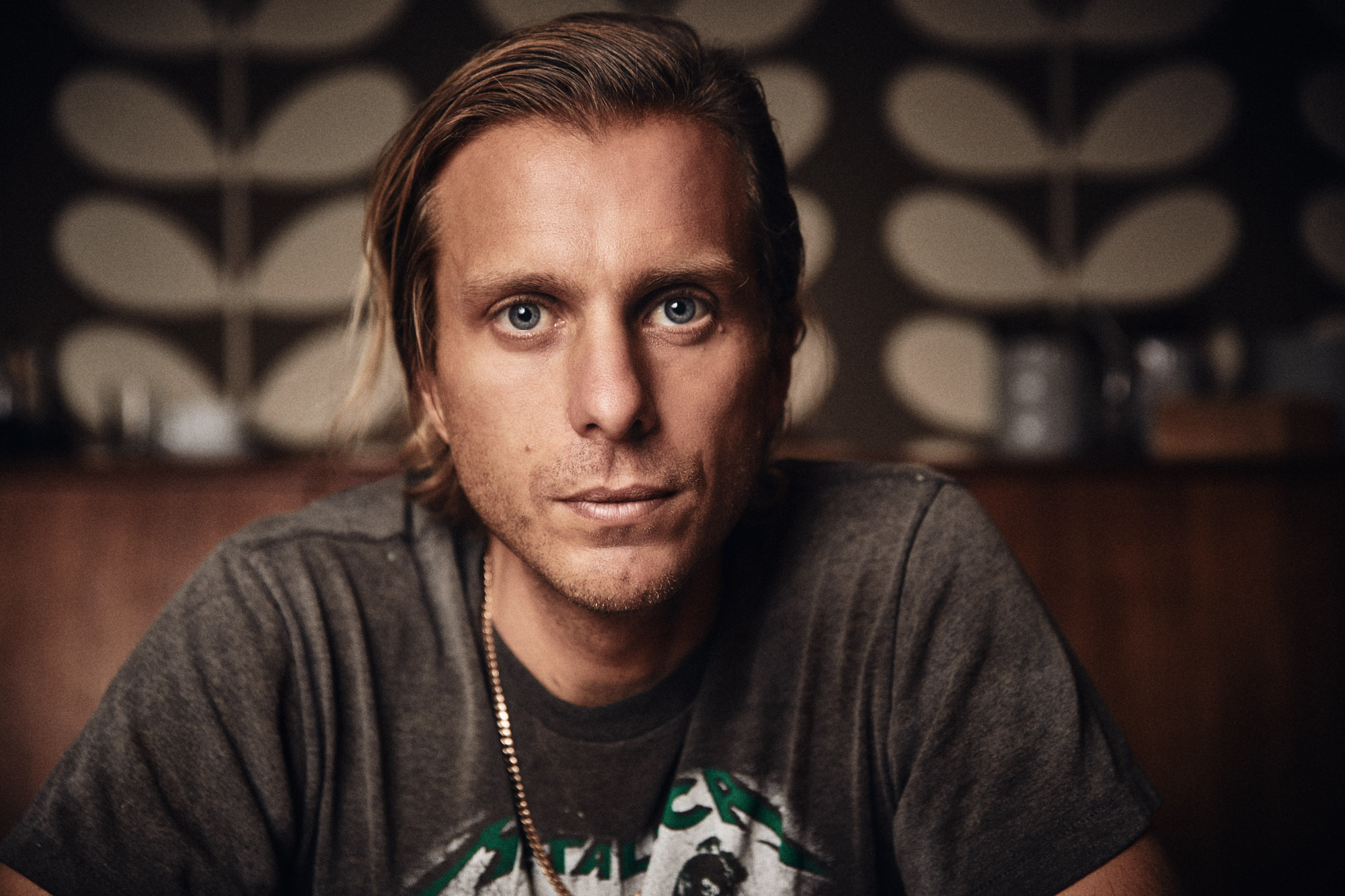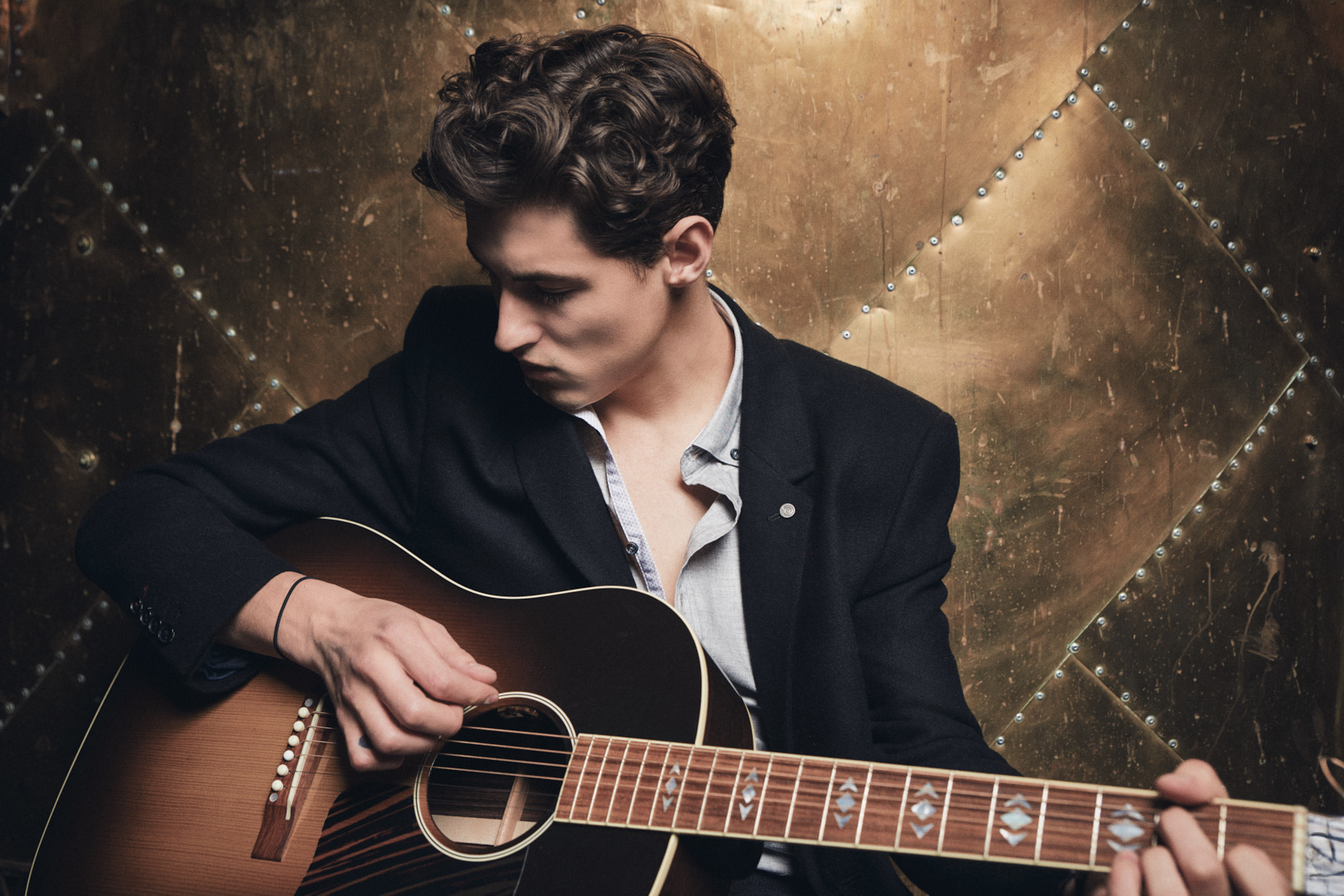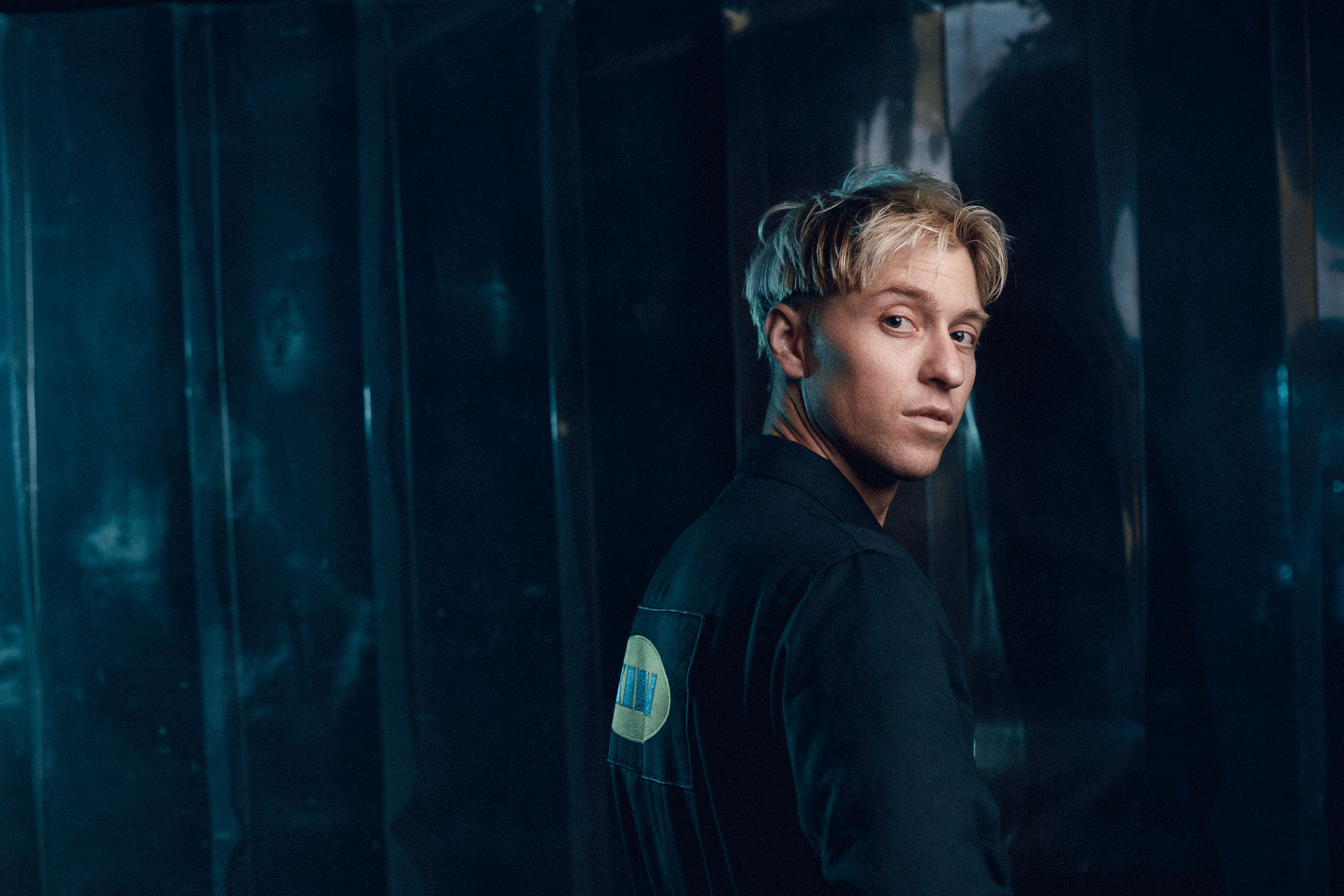Portrait — Allan Rayman
As Colorful As Possible
Not much is known about mysterious Allan Rayman, he prefers to let his colorful music speak for itself. We met the Toronto-based music artist in a charming bar in Kreuzberg to find out more.
28. Januar 2019 — MYP N° 24 »Tomorrow« — Text: Katharina Weiß, Photography: Roberto Brundo
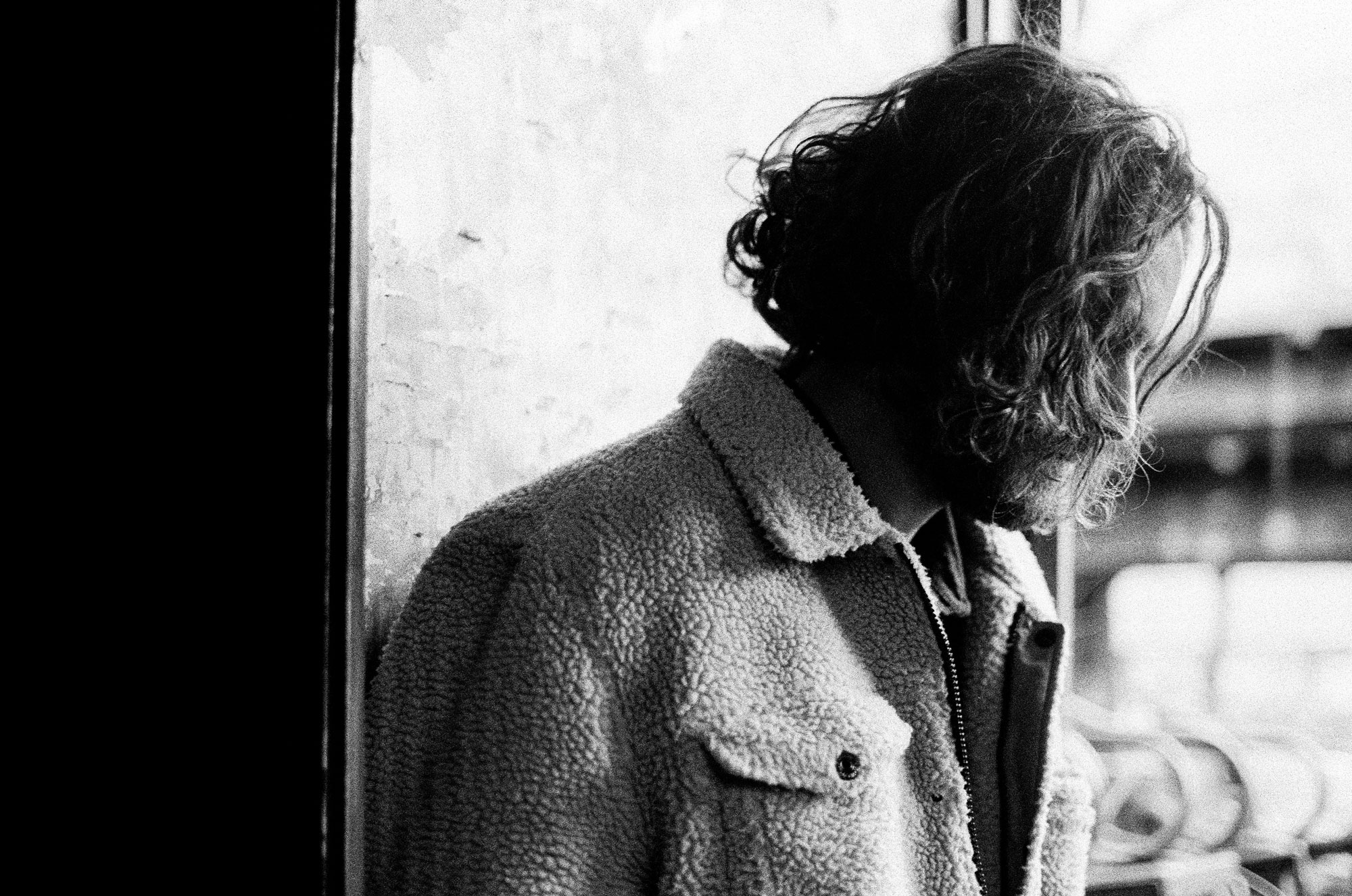
Allan Rayman’s vision for the music of tomorrow feeds on the concept of legends of the past: In a time when starlets and influencers sell out their everyday practices to a community of half-hearted followers, he seeks to create a loyal audience—one that is interested in the abstract nature of his art and that enjoys the inscrutable and intriguing myth around the secretive singer. Rayman understands the very core of real stardom: Though an individual artist can never fulfill the desires based on each listener’s fantasies, he can become a fine-tuned projection screen.
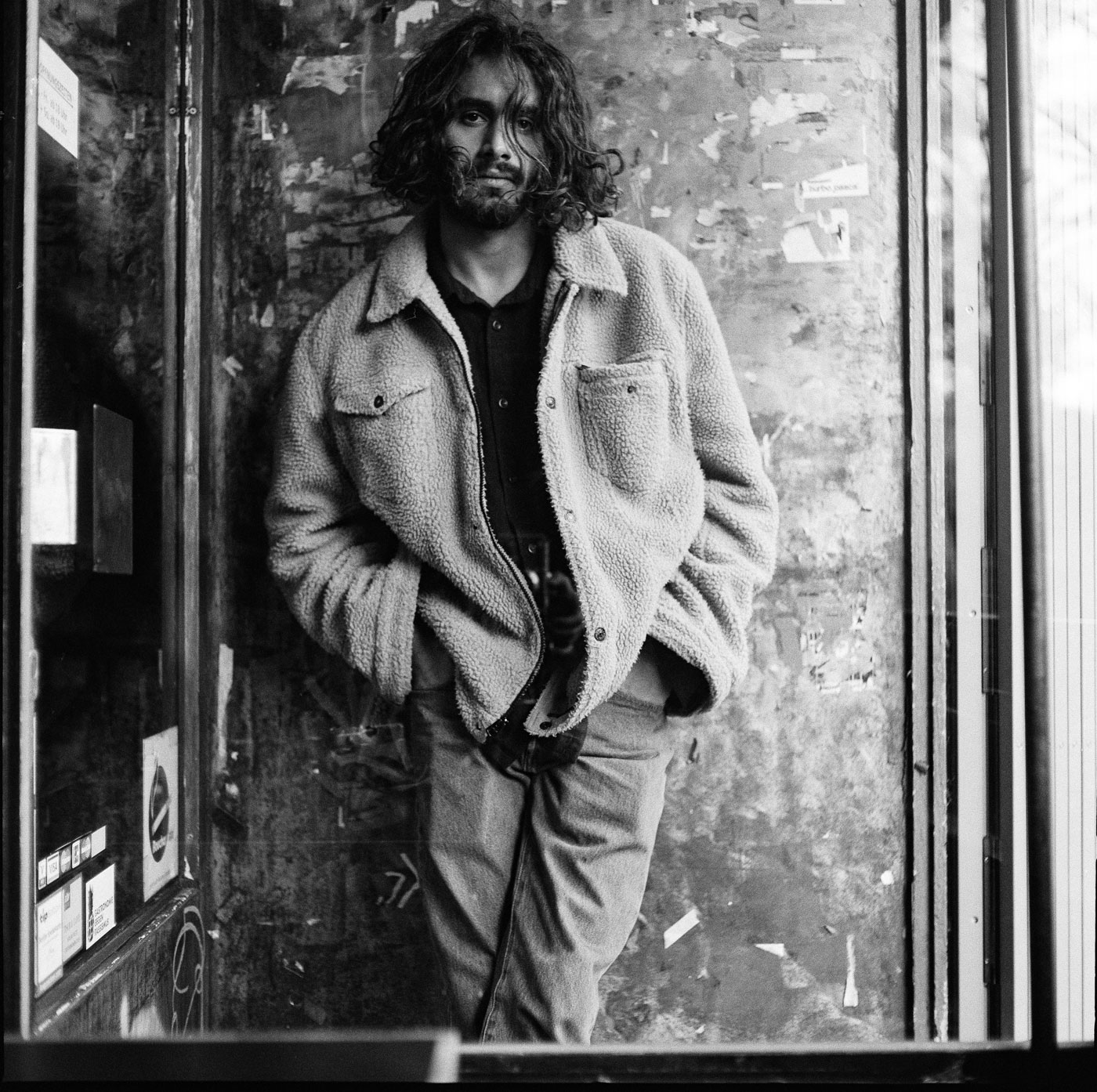
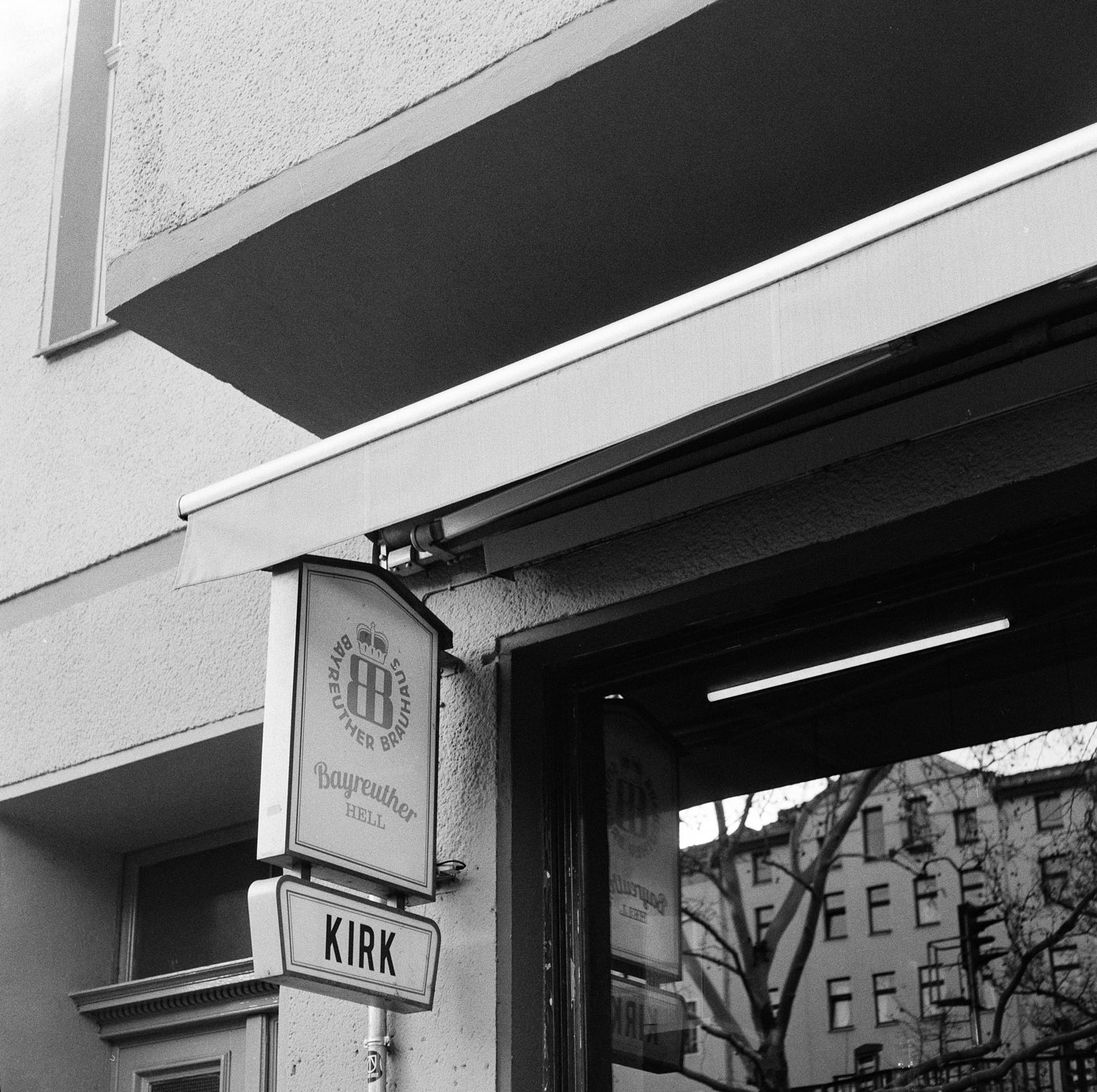
Toronto-based Rayman achieved this with the introduction of his alter ego. With the release of his second album, the stage persona Mr. Roadhouse appeared. In this figure, Rayman melts the charm of old rock stars, circling around the pleasures of sin and combines it with tropes of the fast and global lifestyle of the so-called digital natives. The fact that even geeky music editors struggle to define his sound says a lot about the multifaceted artist who has signed with Communion Records, the label co-founded by Mumford & Sons member Ben Lovett, and who now publishes his music on Alex da Kid’s Label KIDinaKORNER.
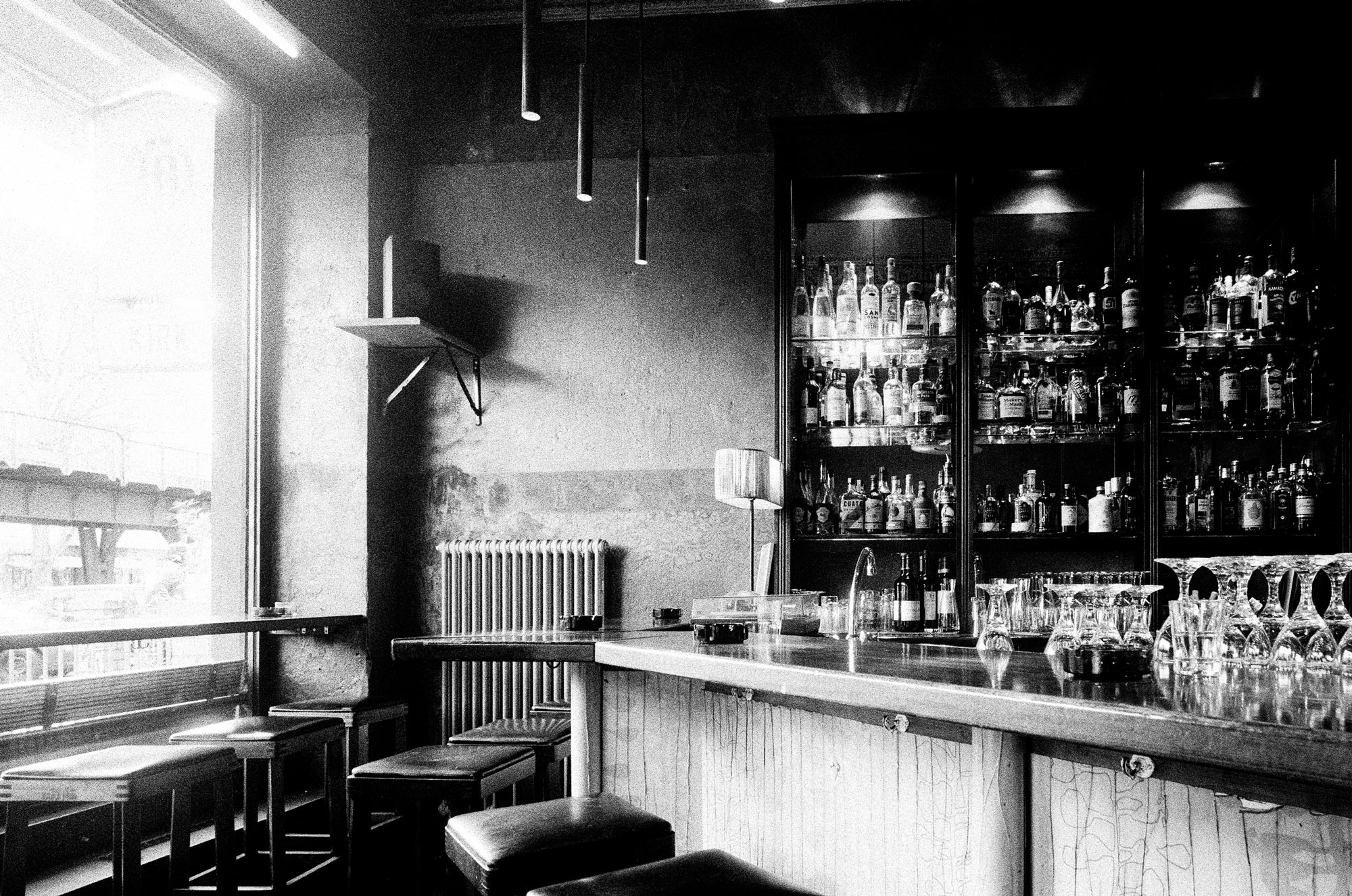
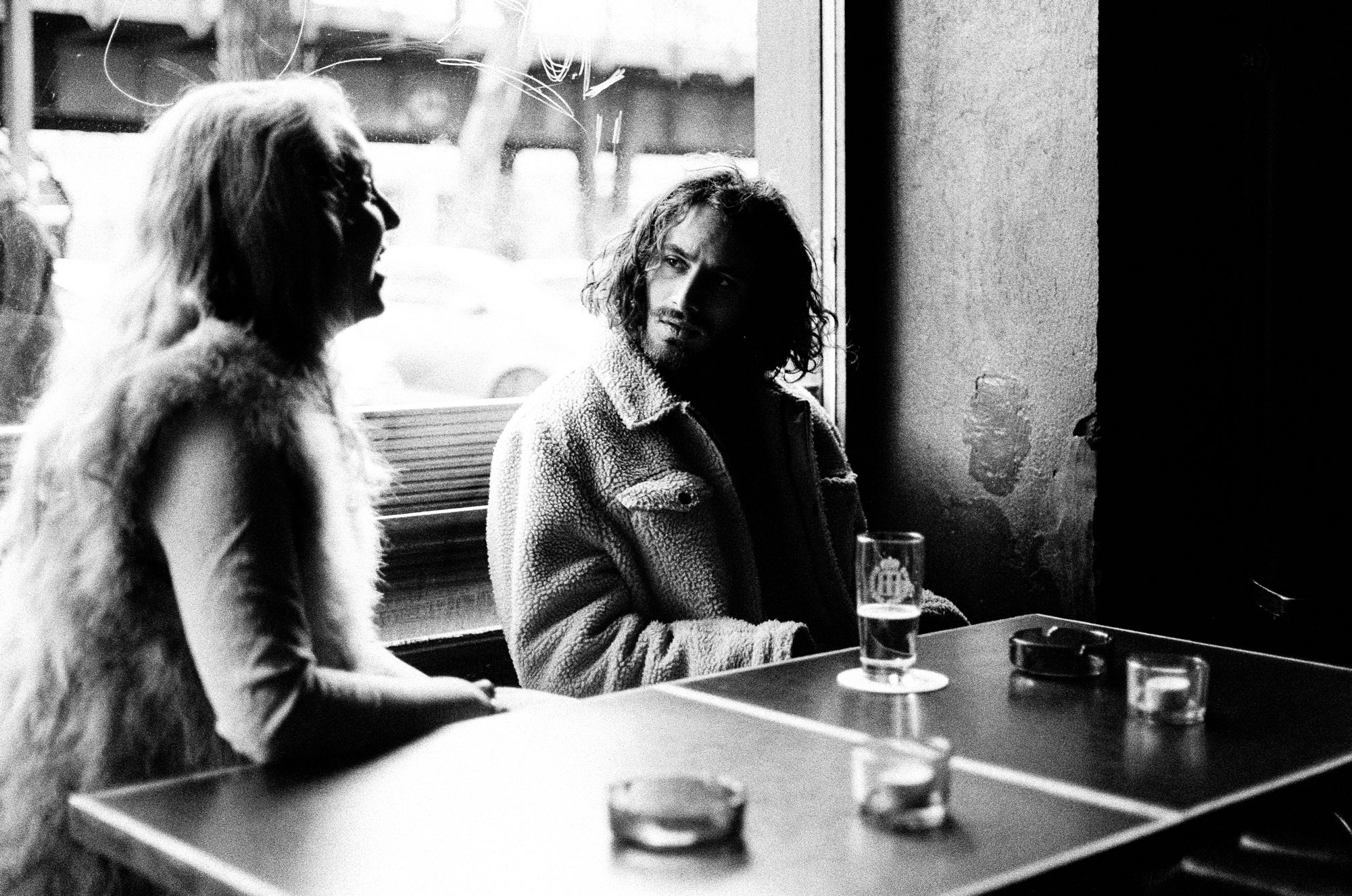
»To merely simplify Rayman as similar to Lana Del Rey discounts the originality and complexity of his work.«
Any attempt to define his genre simply wouldn’t do his husky and strong voice justice; we find it more appropriate to think of him as a male counterpart to Lana Del Rey. Given his vintage, mysterious and melancholic sound, parallels abound between the two artists especially considering the style exemplified in his music videos for the songs “Rose” and “Verona’s Obsession”. Even so, to merely simplify Rayman as similar to Del Rey discounts the originality and complexity of his work.
What’s more, Rayman’s relationship with the press is also complicated, given that he tends to interact with the media as little as possible. Even when labels—in Germany he is represented by Universal Music—promise him an ideal, fun interview experience, he has historically declined the vast majority of requests. Fortunately, we are honored that he has made an exception for us, even if he was still a bit reluctant to open up.
After meeting him for a few after-show beers in the backstage of Berlin’s music venue Musik & Frieden, we arranged a hungover shooting at Kirk Bar a couple of meters ago where you can marvel at an oversized picture of Elvis in swimming briefs and get a half liter of beer for 4 Euros. The music here is always played from an old record player, making the night at Kirk sound like Tom Waits, Randy Newman, and Miles Davis. The atmosphere is timeless, and Rayman fits right into the scene.
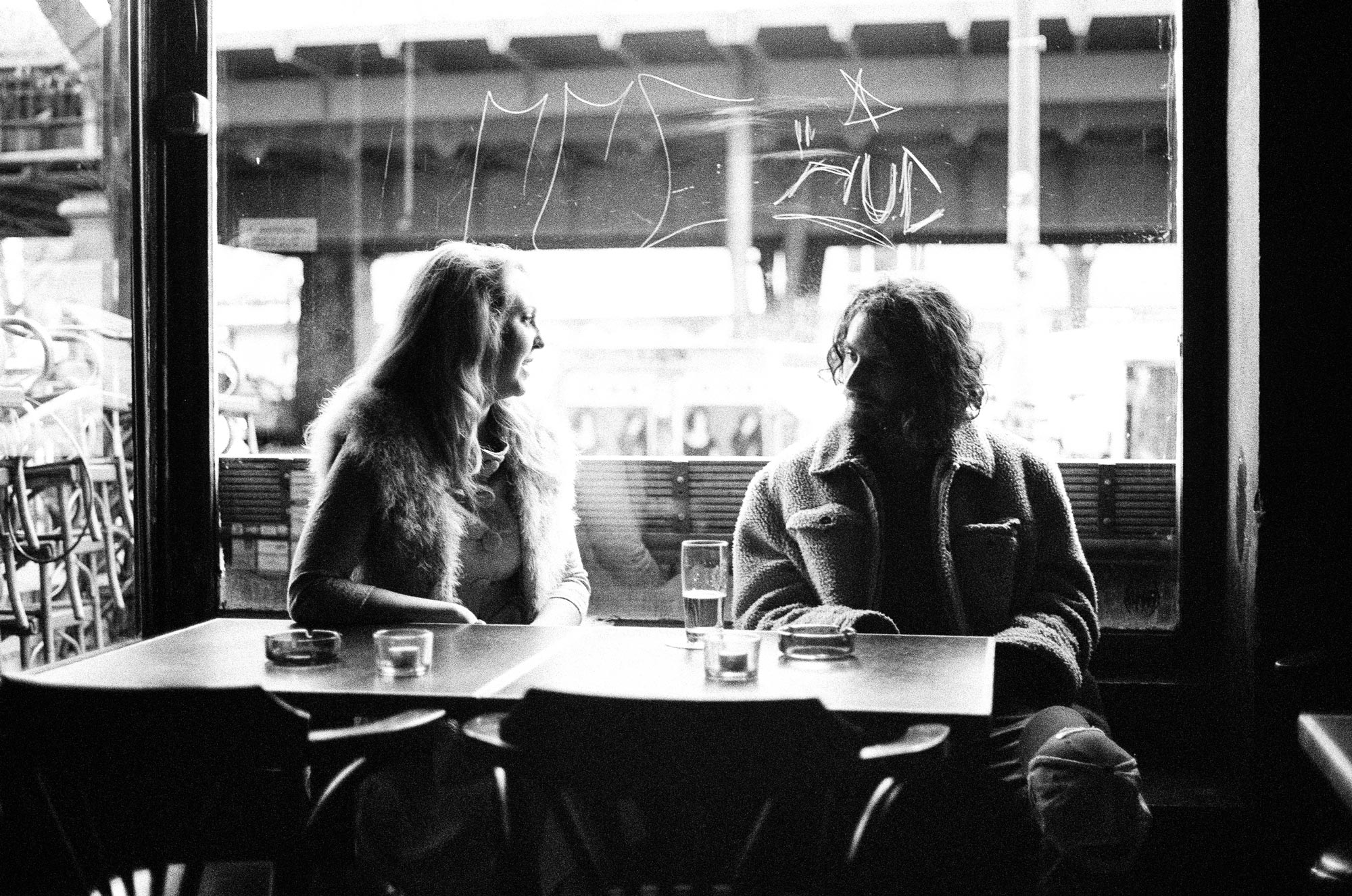
»To talk about myself is not the sweetest and coolest thing for me.«
He is polite and an attentive listener, but in comparison to most of his colleagues in the music industry, he appears quite taciturn. “Interviews are tough for me. I don’t want to sound like a curmudgeon or an old hermit, but to talk about myself is not the sweetest and coolest thing for me.” To find inspirations for his new album Harry Hard-On, he turned to the woods. Indeed, to picture him as a sweaty lumberjack is not a far-fetched task for his audience’s imagination. Despite the avant-garde twists in his sound and the exquisite video work through which he presents his songs, he embodies the term “working class.”
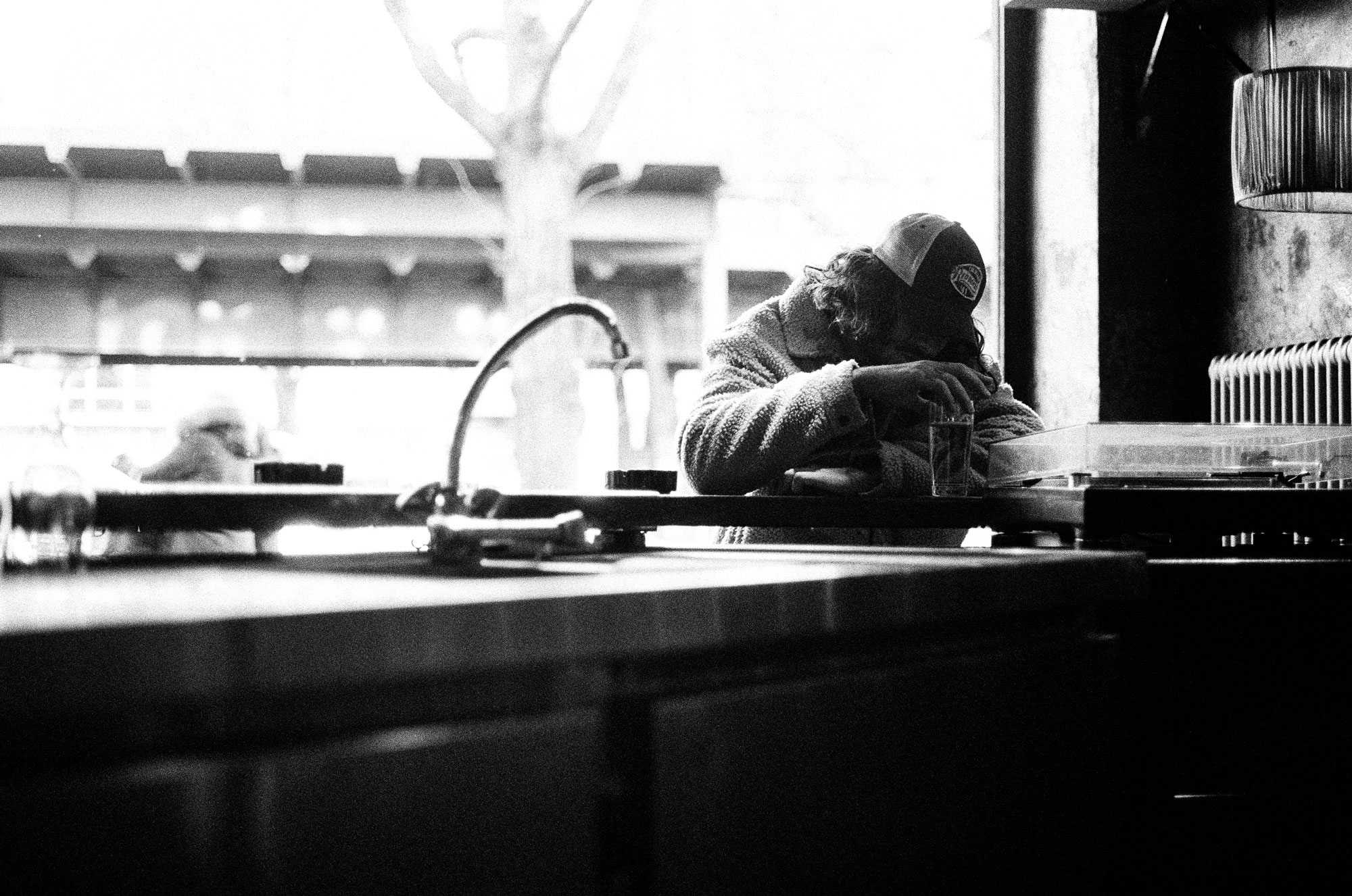
“I thought I end up working with my hands because that feels good. It is exhausting, but at the end of the day, beer and the cigarettes tasted better,” Rayman says while staring down at his long fingers. “Hard labor is good labor. I was not good at school, so I knew that I’m not becoming a doctor or anything,“ he continues. Before music paid his bills, he worked in construction. Now he works as a storyteller, traveling from one place to the other—to tell his tales to a new crowd every night. His concert at Musik & Frieden was packed. In the front, you could see stylish hipster girls pining for the good-looking performer and chilled-out guys smoking the occasional joint during the show. As much as he loves to play for his international fan base, he calls himself a homebody.
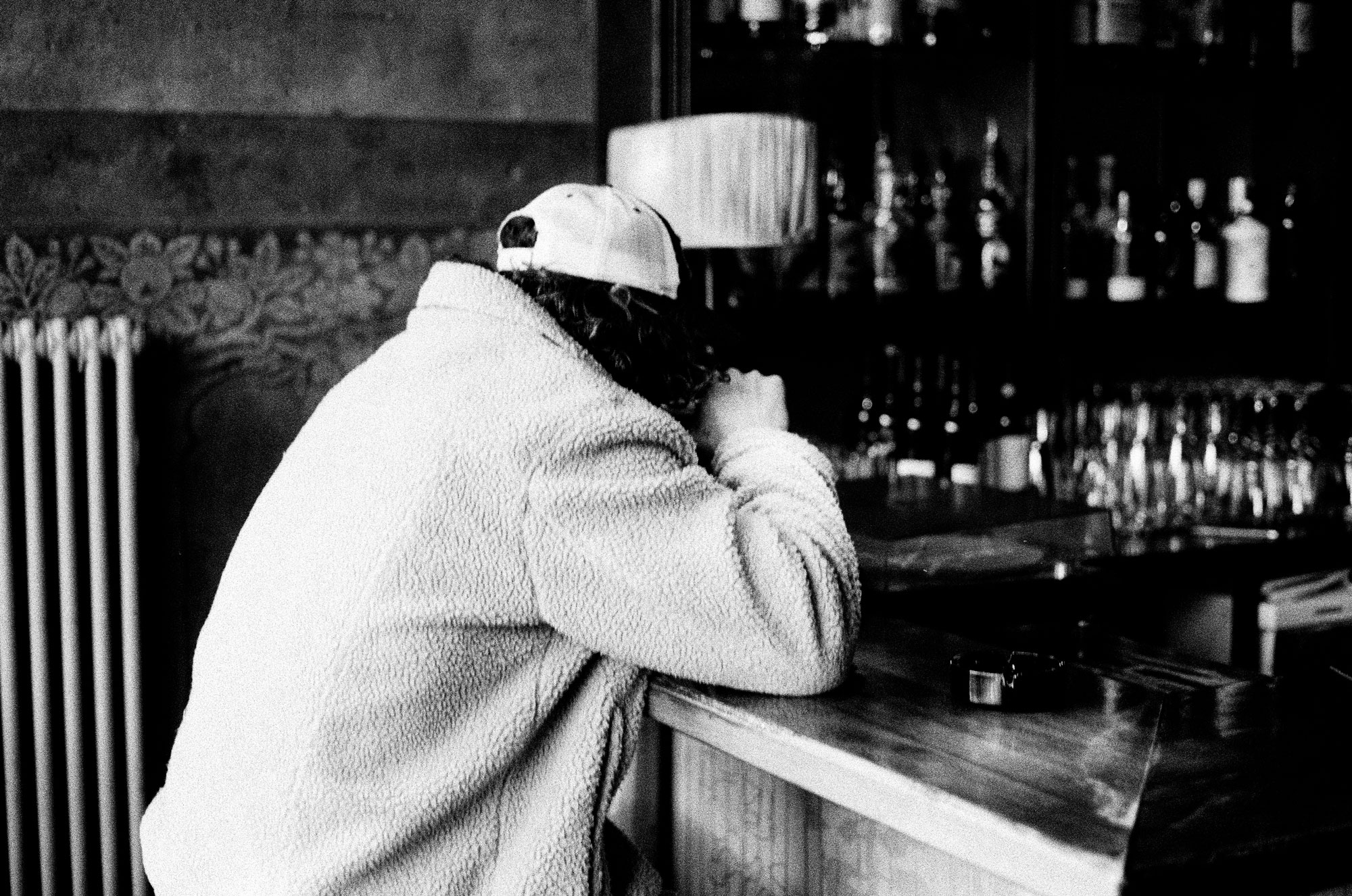
»If you do too much of one thing, you meet too many people, you get exposed to too many influences.«
“I am interested in making life as colorful as possible. But touring is not really a tool for that. From the outside, it might look quite interesting, but really: It’s mostly the same routine. You go to another town, play your gig, go to a bar, have a shower and go to the next town,” Rayman argues and his eyes look tired when he adds: “If you do too much of one thing, you meet too many people, you get exposed to too many influences. At the end of the day, you become numb to it.” It helps that he’s mostly traveling with good friends. His manager Logan Kearns is a sweet guy, providing labels and the press with the small talk that is needed to get a project going, while Rayman can stay silent and mysterious. Sometimes he also brings Steph Verschuren, a good friend who is responsible for all of Rayman’s recent music videos. “I like to keep things pretty close to the chest, but I trust the people I work with to understand the direction we want this thing to move in. We are a pretty in-house team.”
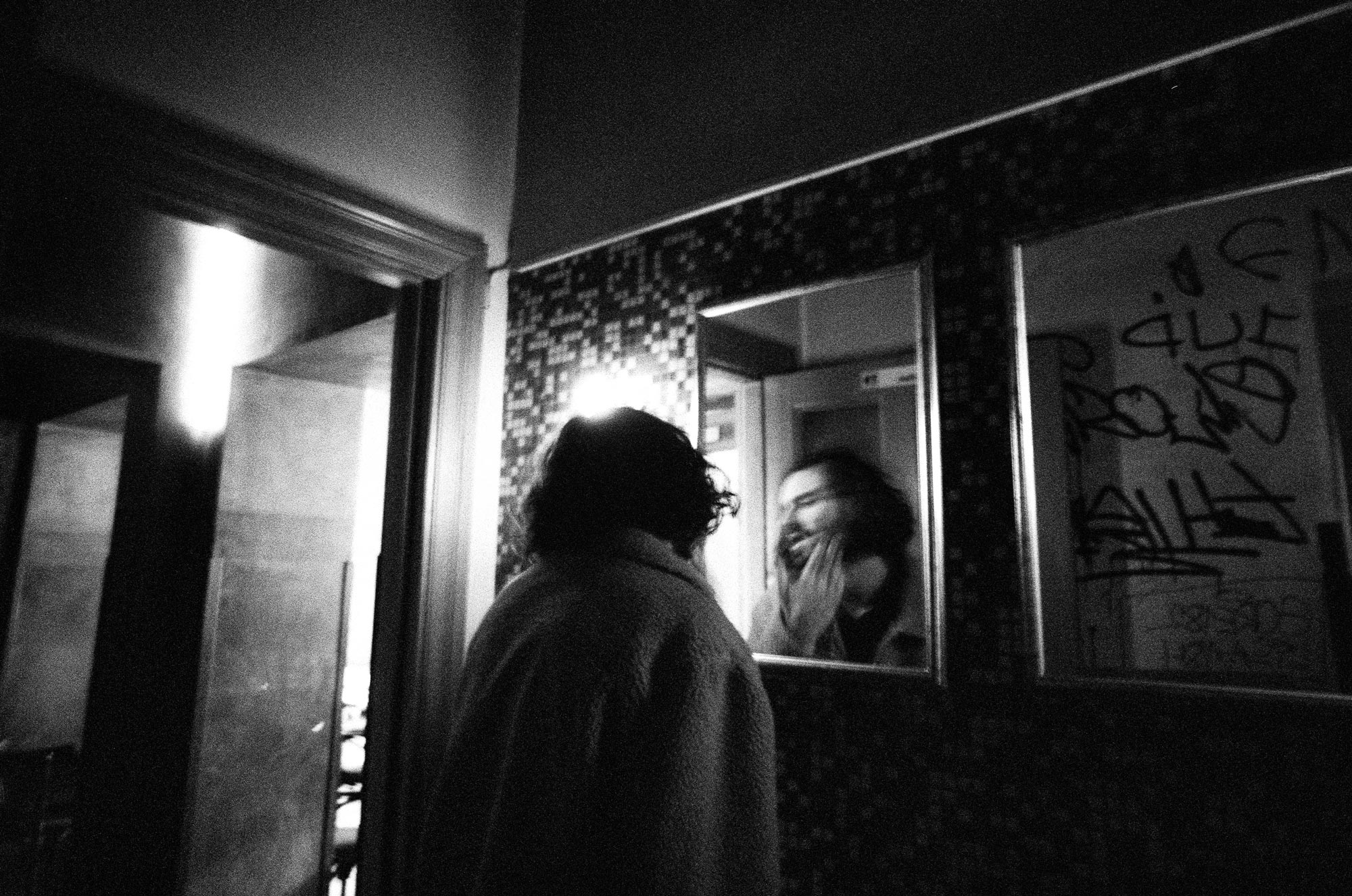
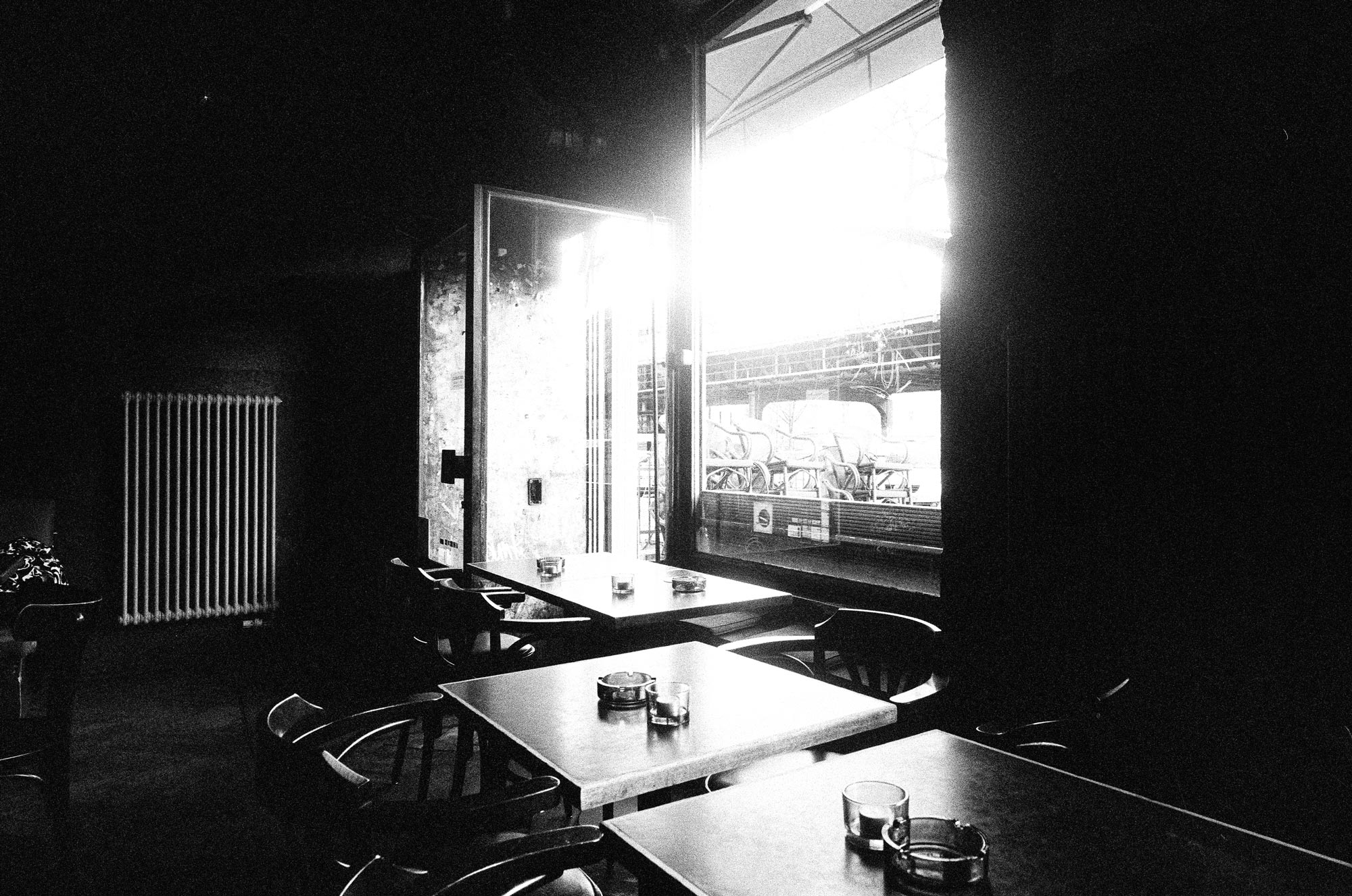
So far, Rayman created three concept albums with his mates. The fact that you can meet the same set of characters out of the Rayman universe over and over again makes it so thrilling to listen carefully to his lyrics and to let his work really grow on you. It’s a difficult thing to compliment him for that, he seems to dislike high praise. “Art is a delicate thing. These days it’s really cool to be an artist. And it gets dangerous when this is the case. The reason? I think Philipp Seymour Hoffman’s character in Almost Famous said it best: ‘Music is dying and when it does, it will just be the industry of cool.’ I don’t really like to be a part of any of this, I have never been a cool kid,” Rayman says while appearing like the epitome of coolness—the kind you can’t buy or photoshop, the kind some people have engraved in their aura.
#allanrayman #harryhardon #mypmagazine
More about Allan Rayman:
allanrayman.com
facebook.com/allanraymanmusic
instagram.com/allanrayman
Text: Katharina Weiß
Photography: Roberto Brundo
